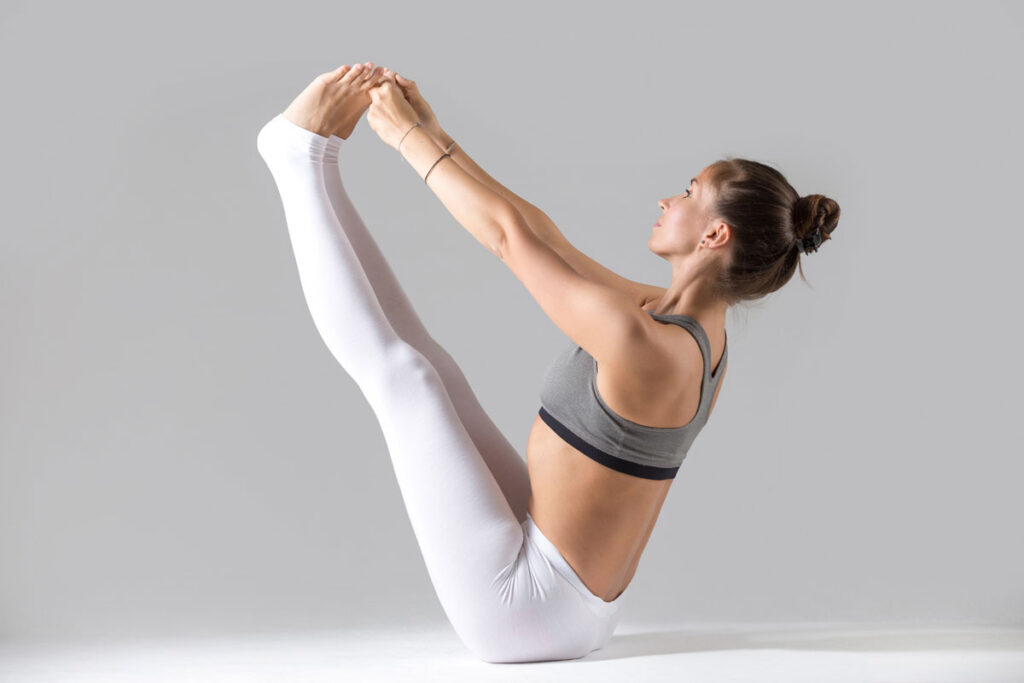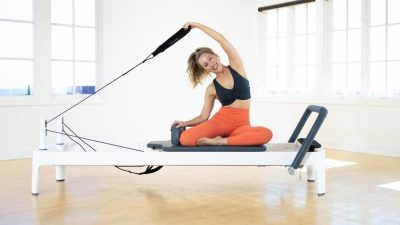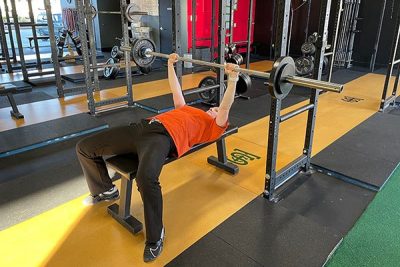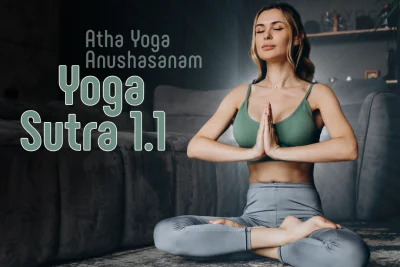
Pilates is a form of exercise that involves a series of movements designed to improve flexibility, posture, and strength. It was developed by Joseph Pilates in the early 20th century and has since become a popular form of exercise around the world. One of the most common questions asked by those new to Pilates is how many days a week they should practice. In this article, we will explore the recommended frequency of Pilates and what clothes are suitable for Pilates.
Benefits of Pilates
Before we dive into the frequency and attire of Pilates, it’s important to understand the benefits of Pilates. Pilates can improve core strength, flexibility, balance, posture, and coordination. It’s also great for stress relief, injury prevention, and rehabilitation. Pilates is a low-impact form of exercise that can be modified to suit any fitness level, making it a great option for people of all ages and abilities.
Recommended Frequency of Pilates
The recommended frequency of Pilates can vary depending on your fitness level and goals. For beginners, it’s recommended to start with 1-2 classes per week to allow your body time to adapt to the movements and build strength. As you become more comfortable with Pilates, you can increase the frequency to 3-4 classes per week. It’s important to listen to your body and not overdo it, as Pilates involves a lot of core work and can be quite challenging.
Benefits of Regular Practice
Regular practice of Pilates can lead to significant improvements in overall fitness and well-being. Consistency is key when it comes to seeing results, so it’s important to find a schedule that works for you and stick to it. Pilates can also be a great complement to other forms of exercise, such as cardio and weight training.
Suitable Clothes for Pilates
When it comes to attire for Pilates, comfort and flexibility are key. You’ll want to wear clothes that allow for a full range of motion and don’t restrict movement. Many people opt for leggings or yoga pants, as they are stretchy and allow for movement. A comfortable top that doesn’t ride up or fall down is also important. It’s also a good idea to wear supportive footwear, such as sneakers or grippy socks.

Avoid Loose Clothing
While comfort is important, it’s also important to avoid loose clothing during Pilates. Loose clothing can get in the way during movements and can be distracting. It’s also important to avoid jewelry that could get caught on equipment or clothing that is too revealing.
Consider the Environment
When choosing your Pilates attire, it’s also important to consider the environment. If you’re practicing in a hot studio, you may want to opt for lighter, breathable fabrics. If you’re practicing outside, you’ll want to dress appropriately for the weather.
Conclusion
In conclusion, Pilates is a great form of exercise that can lead to significant improvements in overall fitness and well-being. The recommended frequency of Pilates can vary depending on your fitness level and goals, but consistency is key. When choosing attire for Pilates, comfort and flexibility are important, and it’s best to avoid loose clothing that can get in the way. By finding a schedule and attire that work for you, you can enjoy the many benefits of Pilates.






